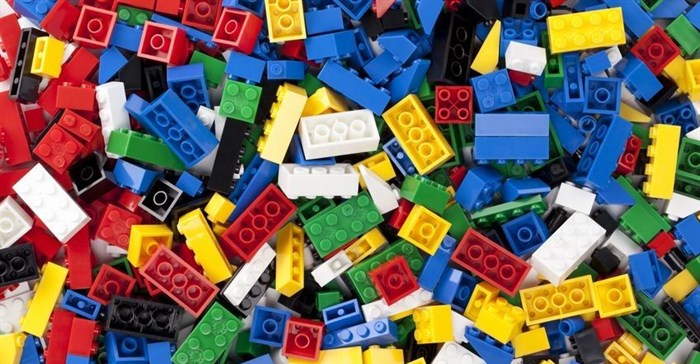Lego cuts jobs, overhauls business following drop in revenue

Revenue and profit both fell in the first half of the year, with the company recording a 5% decline in turnover to DKK14.9 billion ($2.3 billion) and 3% drop in net profit. The latest results follow years of rapid growth that had made Lego the world’s most profitable toymaker and the second largest by sales, according to the Financial Times.
Double digit growth in China was not enough to offset the decline experienced in its more established markets. Lego, which appointed a new CEO earlier this month, blamed weak sales in the US and Europe on poor product development and marketing and said its organisation had become overly complex with too many management layers and overlapping jobs.
"We have added complexity into the organisation which now, in turn, makes it harder for us to grow further. As a result, we have now pressed the reset-button for the entire group. This means we will build a smaller and less complex organisation than we have today, which will simplify our business model in order to reach more children. It will also impact our costs. Finally, in some markets the reset entails addressing a clean-up of inventories across the entire value chain," said Lego Group chairman Jørgen Vig Knudstorp in a statement.
Leveraging Lego System in Play
Knudstorp added that the company will seek growth by leveraging the potential of its Lego System in Play, reaching more children around the world through play experiences that stimulate learning.
"We believe our most important contribution to society is through creative Lego play experiences, as play is critical for children’s learning and development. Lego play encourages children to problem-solve, collaborate, discover and imagine. The brick is the heart of our business and children of all ages love it. It offers endless possibilities and benefits for children, and we believe the Lego System in Play has immense potential."

Building entertainment ecosystems
Mykola Golovko, Euromonitor International's project manager – toys and games, believes that the toymaker's longevity rests on its ability to develop entertainment ecosystems.
“Lego Group has built successful product lines based on popular entertainment franchises, and this is key to success in an environment permeated with technology and near universal access to media. This has made licensed products like Lego Star Wars increasingly important. At the same time, it has pushed more toy makers to develop proprietary entertainment media properties. The success of The Lego Movie and cartoon series like Spin Master’s Paw Patrol served as a catalyst for this trend.
"For Lego Group, this means that long-term success is based on developing entertainment ecosystems that span films, cartoons, and video games, as well as toys, around its product lines. So, the company’s prospects rest largely on the success of Ninjago and NEXO Knights and The Lego Movie sequel (scheduled for release in 2018).”
Expanding the brand
To further expand the Lego brand, the company could try to extend the brand either into new areas of the traditional toy world, say plush products or adding more remote control elements to its Lego sets, suggests Euromonitor’s toy analyst Matthew Hudak.
He continued: "It could also try to license the Lego brand out to new areas outside of toys in the same way you can currently find the Star Wars brand in pretty much every area of consumer products. On the licensing side they could try to add more licenses that might appeal to kids and adults. They’ve already had some success in that area with things like Minecraft or Doctor Who. It could also try to do more in video games, maybe a VR game.
"For getting into new toy areas, if they wanted to produce it themselves it would be an added production expense which would be problematic if the brands fail to be successful. If they choose to license the brand out, either for toys or for areas outside of toys, there’s a much lower risk, but also less revenue potential.
"As for licensing products that appeal to kids and adults, rival bands like Mega Bloks have been doing this for a while, and there is other competition like Funko products. So it’s possible that market is already a little consolidated. In terms of making more video games, it tends to have other developers do that, so much like licensing out the brand to other areas the real major risk is that the product isn’t great and hurts their brand image."
Regional toy markets
"Asia Pacific is a fairly attractive market. China has long been a centre of attention for a lot of toy makers due to their growing middle class that led to traditional toy growth of over 60% in US$ between 2010 and 2015. India is also likely a good target as it’s levels of disposable incomes per household are expected to eventually reach similar levels to where China was in 2010, meaning they could at some point start to see similar strong growth by 2020. In the much further future, some of the more economically developed African countries with high child growth, like Nigeria, could eventually be an interesting market as well,” Hudak concluded.














